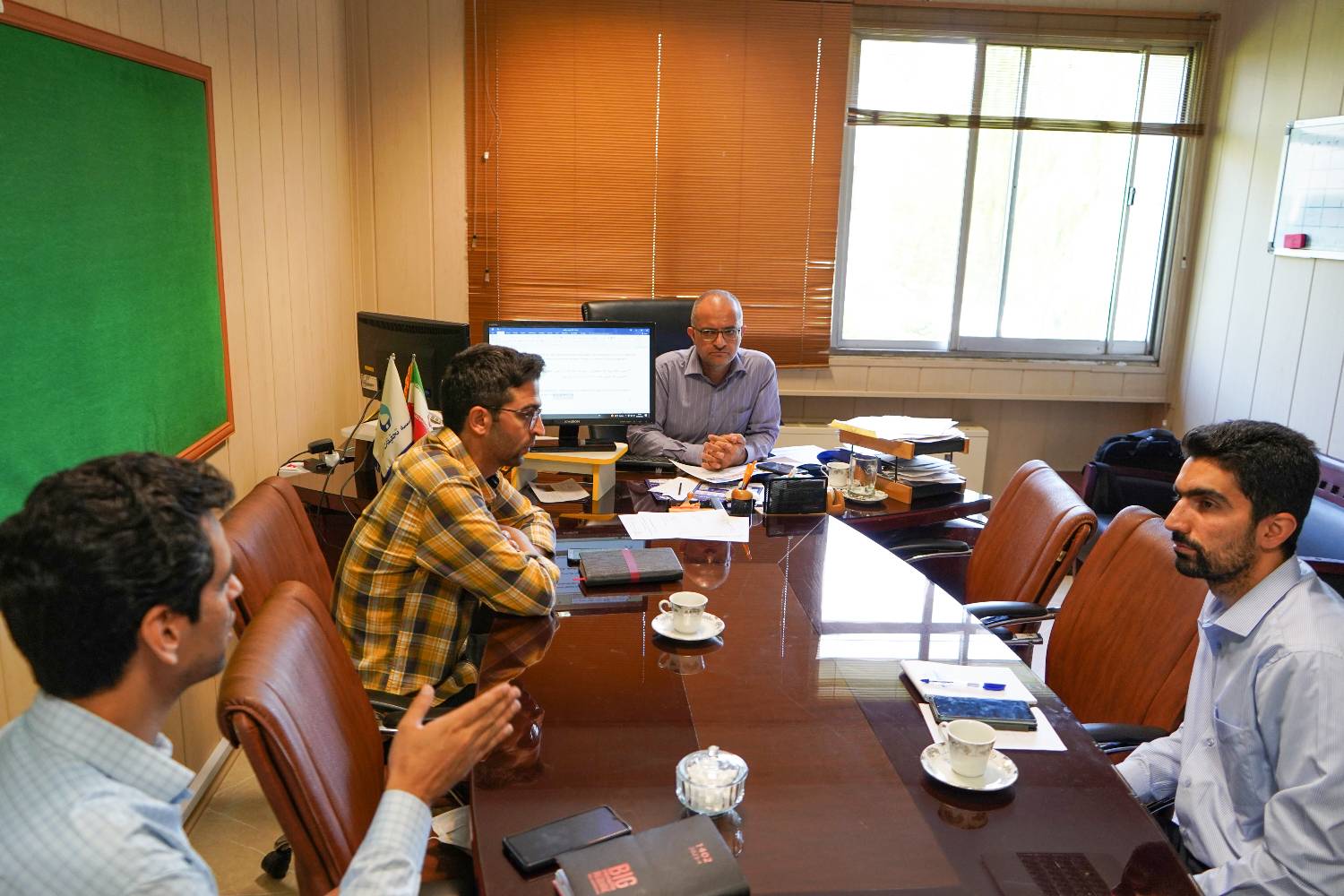Development and implementation a regional drought monitoring, prediction and risk management system
Introduction:
The Middle East and Central Asia are highly vulnerable to drought and water scarcity due to significant climatic variability, limited system resilience, and the lack of integrated mitigation, risk management, and planning strategy. In the past decades, severe droughts have caused much damage to the economy, society, and environment of these regions and it is expected to increase due to climate change. Hence, it is vital to develop a Regional Drought Management System (RDMS) to reduce social vulnerability and enhance local resilience to drought impacts.
The project will be implemented in two phases. In the first one, a web-based system for regional drought monitoring and prediction will be developed using available data in global databases (such as NCEP/NCAR[1], CRU[2], ECMWF[3] and so on). The system accuracy is gradually improved using local observational data and information collected from the volunteer countries.
In the second phase, the required policies and programs for mitigating the impacts of drought in the RCUWM Governing Board (GB) member states will be determined using their experiences in the field of drought management and the collaboration of their academic and research capacities. Moreover, all the achieved results for both phases will be presented in the form of educational programs (such as workshops, courses, technical sessions, and so on) to the countries’ representative.
Objective/ Motivation:
The goals of this project are to create tools, determine policies, and provide training in order to enable the RCUWM GB member states for managing ongoing and future droughts, properly. These goals will be pursued through the following activities:
- Production of an online and user-friendly system for drought monitoring and prediction,
- Preparation of the required policies and actions for droughts mitigation in the Middle East and Central Asia,
- Improvement research and knowledge about drought management and promotion of advanced technologies for water scarcity adaptation in the RCWUM GB member states.
Scope and Target Groups:
The target groups for this project are water sector managers, policy-makers and organizations in charge of water resources management in the RCWUM GB member states. The geographic domain of the RDMS could be Afghanistan, Armenia, Azerbaijan, Bahrain, Iran, Iraq, Jordan, Kazakhstan, Kuwait, Kyrgyzstan, Lebanon, Oman, Pakistan, Palestine, Qatar, Saudi Arabia, Syria, Tajikistan, Turkey, Turkmenistan, United Arab Emirates, Uzbekistan, and Yemen.
Outline of Activities:
The project is planned in two phases as stated below:
First phase:
- Development of suitable indicators for single and integrated monitoring of meteorological, hydrological and agricultural droughts,
- Evaluation, monitoring and prediction of drought in the current situation and by considering climate change effects based on achieved data from global databases,
- Development of an online and user-friendly drought monitoring and forecasting system
- Training and human capacity building for using the drought monitoring and forecasting system,
- Creating the database of local weather data of the RCWUM GB member states in order to use it for continuously improving the accuracy of achieved results of the system.
Second phase:
- Reviewing the RCWUM GB member states experiences in the field of proper drought management,
- Deriving operational measures for proper drought management using the good experiences of the RCWUM GB member states and conducting additional research,
- Determining the thresholds for starting drought management measures, defining level-based measures, and training the responsible bodies and organizations to implement management measures,
- Proposing effective policies for proper drought management,
- Education and capacity building to improve public awareness about drought management.
Expected Outcomes:
- Creation of a drought monitoring information database, including satellite data, local ground-based information, and so on,
- Development a user-friendly system for drought monitoring and prediction,
- Preparation of a plan for confronting drought, including indicators, drivers, management measures at the regional level,
- Preparation of effective drought management policies at the regional level,
- Enhancement of the public and specialized awareness in the field of drought management in the region.
Recent News:
The second working group meeting on the fifth plan of the center (Drought Monitoring and Prediction)
The second working group meeting on the fifth plan[...]
The first working group meeting on the fifth plan of the center (Drought Monitoring and Prediction)
A meeting on the fifth plan of the center[...]



